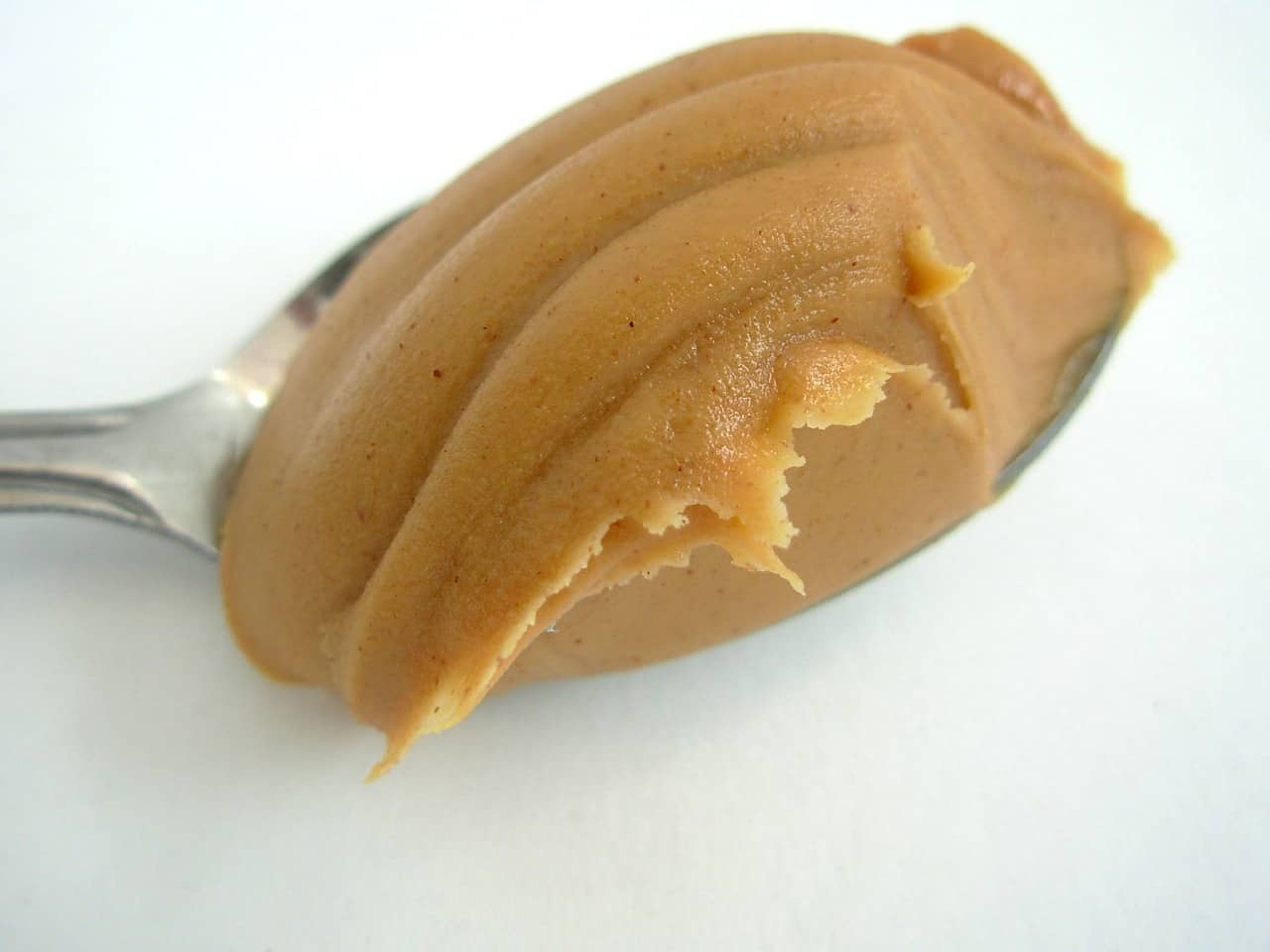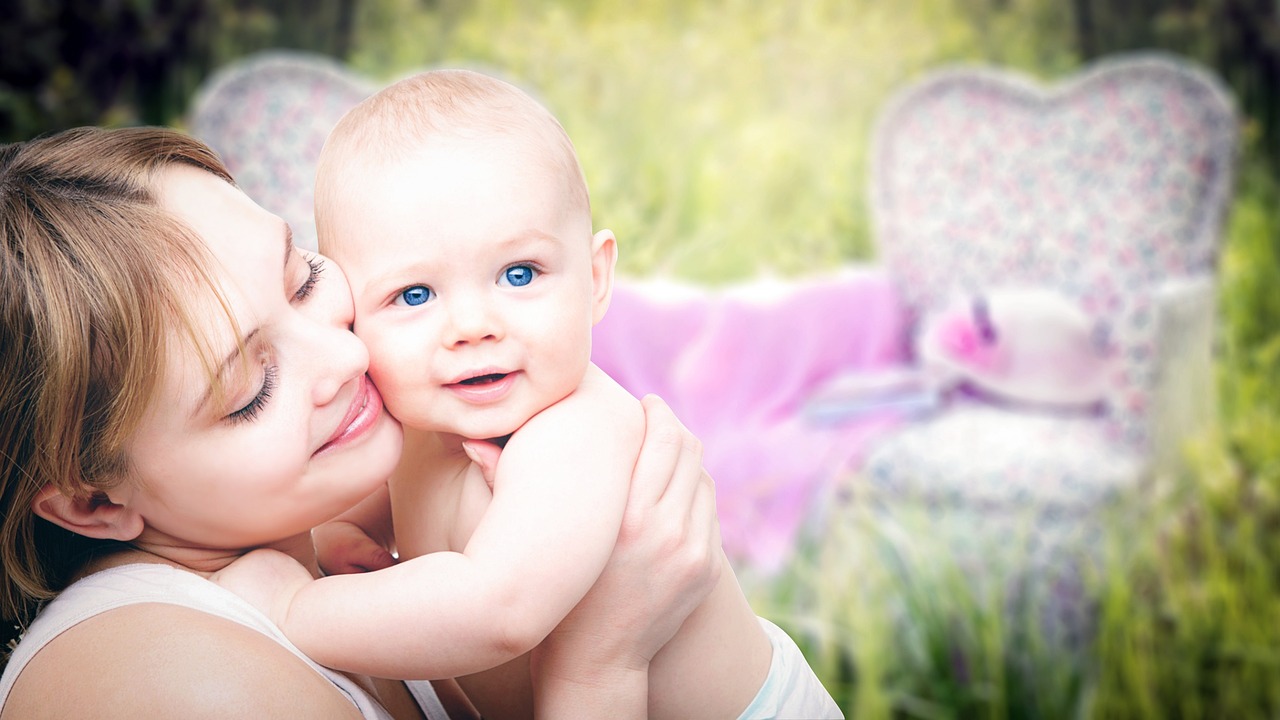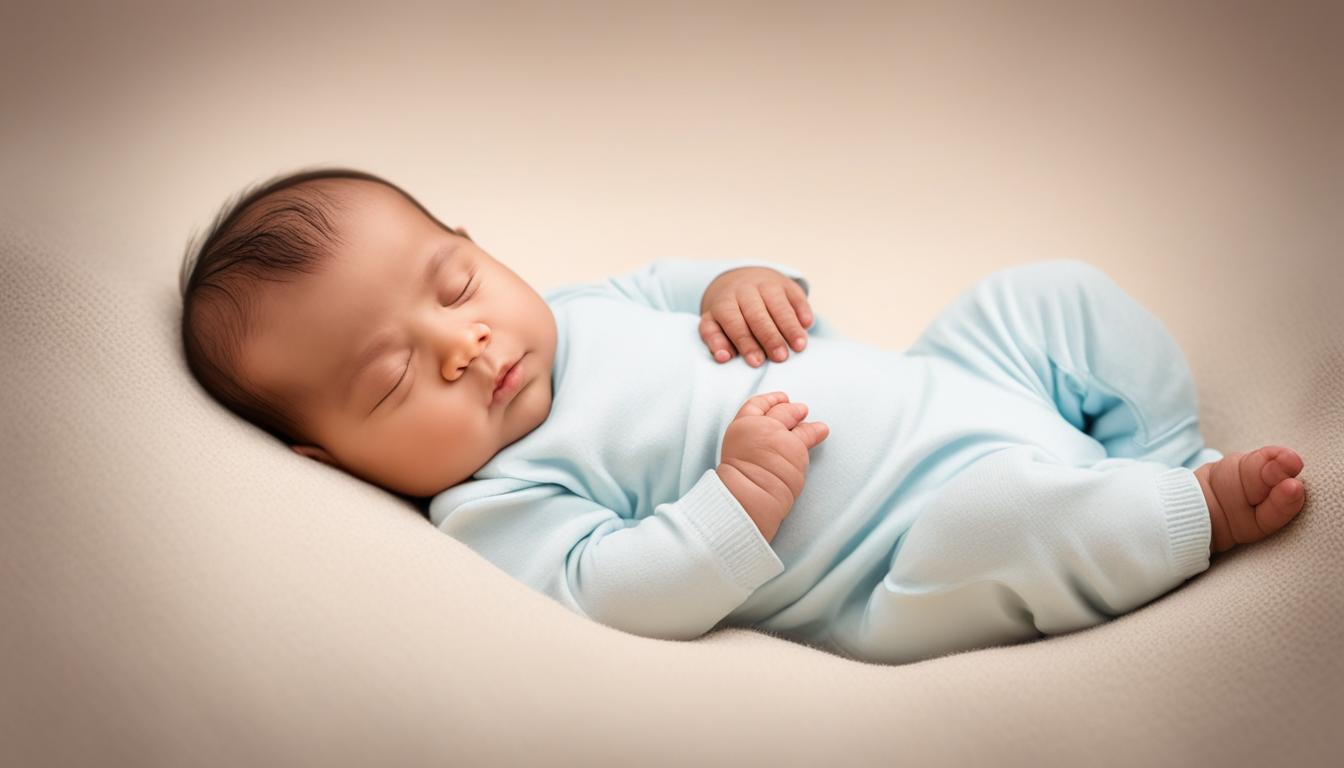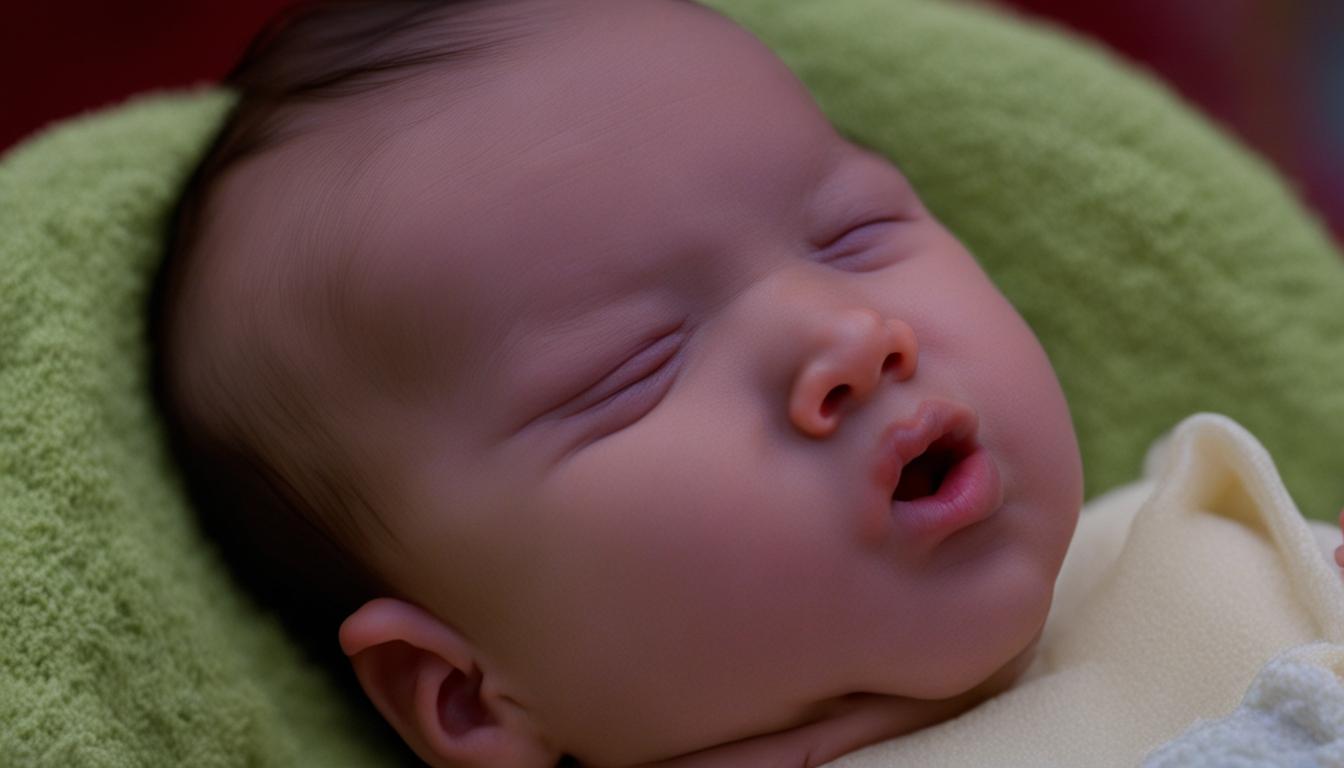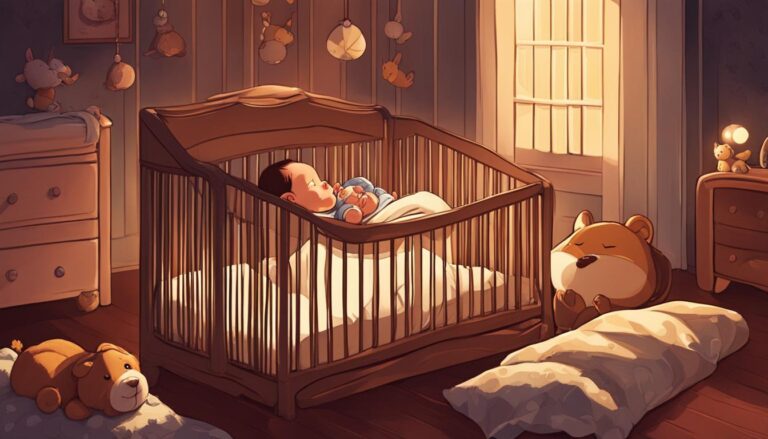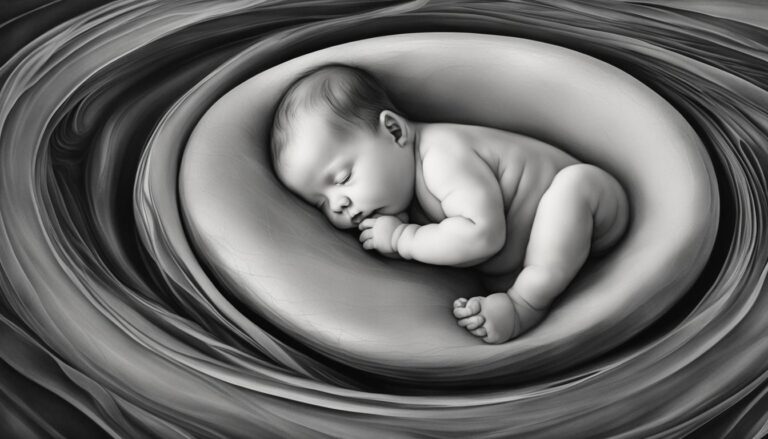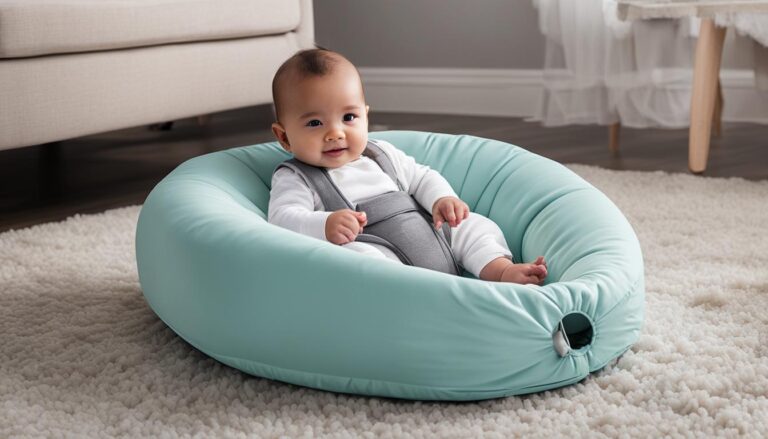When Can Babies Have Peanut Butter?
Try to remember what your childhood was like. What were the foods your mom would prepare for you as your school lunch?
Some might say mac and cheese or chicken nuggets. Others might have salads or fruit slices. But nothing beats the classic lunch that is a peanut butter sandwich.
We all have at least tried having peanut butter, whether it’s a sandwich spread or a candy treat. Some people even admit to having a spoonful of it out of the jar. Peanut butter is just too hard to resist as a snack.
Peanut butter is used for a lot of snacks and even dishes. You’ll surely find plenty of peanut butter-flavored food items in the grocery store. Peanut butter is very popular for its sweet, somewhat savory taste.
Because of its popularity, it can be tempting to let your baby have a taste of peanut butter. It can be a good dipping sauce for their biscuits or a sweetener for their fruity snack. But is peanut butter really safe for babies?
Let’s dive into the topic of peanut butter and babies. We’ll find out if peanut butter is an innocent yummy snack or if it’s more than meets the eye.
When Can Babies Have Peanut Butter?
Introducing peanuts and peanut butter to babies can be very risky. More than 3 million Americans are allergic to nuts and their byproducts. And there is a possibility that your baby can be allergic.
But let’s not get ahead of ourselves. Assuming that you, your family, and your baby are free from allergies, when is the right time to feed your baby peanut butter?
The best time to introduce peanut butter is usually after you’ve introduced other less-allergenic food. This is usually after your baby has turned 6 months old.
It’s best to discuss your food choices with your pediatrician. Before, a lot of doctors are reluctant to introduce something like peanut butter at a young age. But now, the American Academy of Pediatrics (AAP) advocates for the early introduction of different food, including peanut butter.
But why the sudden shift? Well, studies show that the early introduction of certain food can lower the risk of allergies. What started as research by Dr. Gideon Lack in 2008 led to what is known as the LEAP studies.
In a 2015 study, it was concluded that “early introduction of peanuts significantly decreased the frequency of the development of peanut allergy among children…”
In short, if you want your kids to enjoy peanut butter, it’s better to introduce it earlier. When you think your baby can eat more solid food, you can start adding peanut butter into their diet.
Signs of Nut Allergies in Babies
While you can lower the risk of allergies in babies, some kids are more susceptible than others. Peanuts are one of the most common causes of allergies in different countries. So don’t feel down when you know your child can’t eat peanut butter.
There are plenty of signs and symptoms of nut allergies. This includes, but is not limited to, hives, itching, swelling, respiratory issues, nausea, vomiting, diarrhea, and loss of consciousness. Allergies can either come mildly or severely, depending on how much your baby ate and how their body reacts.
Allergies require plenty of care and attention. If parents see one or more symptoms, they should immediately bring their baby to medical care. Allergies can become life-threatening, especially if left untreated.
Some people are more likely to have allergies and negative reactions than others. It can be caused by genetics. Other allergies, such as dairy or soy allergies, can also lead to babies being allergic to nuts.
Are There Benefits of Eating Peanut Butter?
Let’s say your child can eat peanut butter without any allergic reactions. Is peanut butter a healthy choice for your infant? Or is it unhealthy like candies or junk food?
The good news is that, in the right amount, peanut butter can give you some health benefits. Peanut butter is a great source of protein, vitamins, and minerals.
You’ll find that a two-tablespoon serving of peanut butter can be a good source of magnesium, phosphorus, and zinc. Peanut butter is also good for people who want to lose weight and who are into bodybuilding. Peanut butter is also linked to improving heart health and blood sugar level.
But eating over the recommended serving can be harmful to your health. Store-bought peanut butter is loaded with calories, saturated fat, and sodium. So if you are planning to give peanut butter to infants, make sure not to go over your portions.
Why You Should Make Homemade Peanut Butter for Your Baby
Some recommend parents to make homemade peanut butter versus buying commercialized ones from the store. Homemade peanut butter is cheaper, arguably tastier, and far healthier than store-bought ones.
With homemade peanut butter, you can control your ingredients and how you want to portion them. You can also control the consistency of your peanut butter. You want something healthy and easy to swallow for your kids to enjoy.
Peanut butter is easy to make at home. Your baby will love the taste of peanut butter without the added sugar or salt. If you want to make your own peanut butter, you can read this helpful tutorial.
Conclusion
Peanut butter is a popular sandwich spread and flavoring. People around the world love its nutty taste and creamy (or chunky) texture. You’ll see peanut butter in sandwiches, crackers, chocolate bars, and even in savory dishes.
Peanut butter can be something you can introduce to a baby at a young age. It’s tasty, not too sweet, and easy to ingest.
However, be careful when introducing peanut butter to babies. Nuts and peanut butter are common allergenic food, and they can cause some reactions when eaten by some infants.
Your child can enjoy peanut butter when they turn 6-8 months, as long as they don’t have any allergies. You can feed them peanut butter with bread, cookies, or even with a teaspoon.
Just make sure you don’t feed them too much. Peanut butter can be unhealthy at a large amount. It’s also best to avoid peanut butter with too many preservatives. You can even make your own homemade peanut butter if you please.
Peanut butter is a fun spread loved by a lot of people. If your baby loves them too, expect a lot of peanut butter sandwiches in the future.

